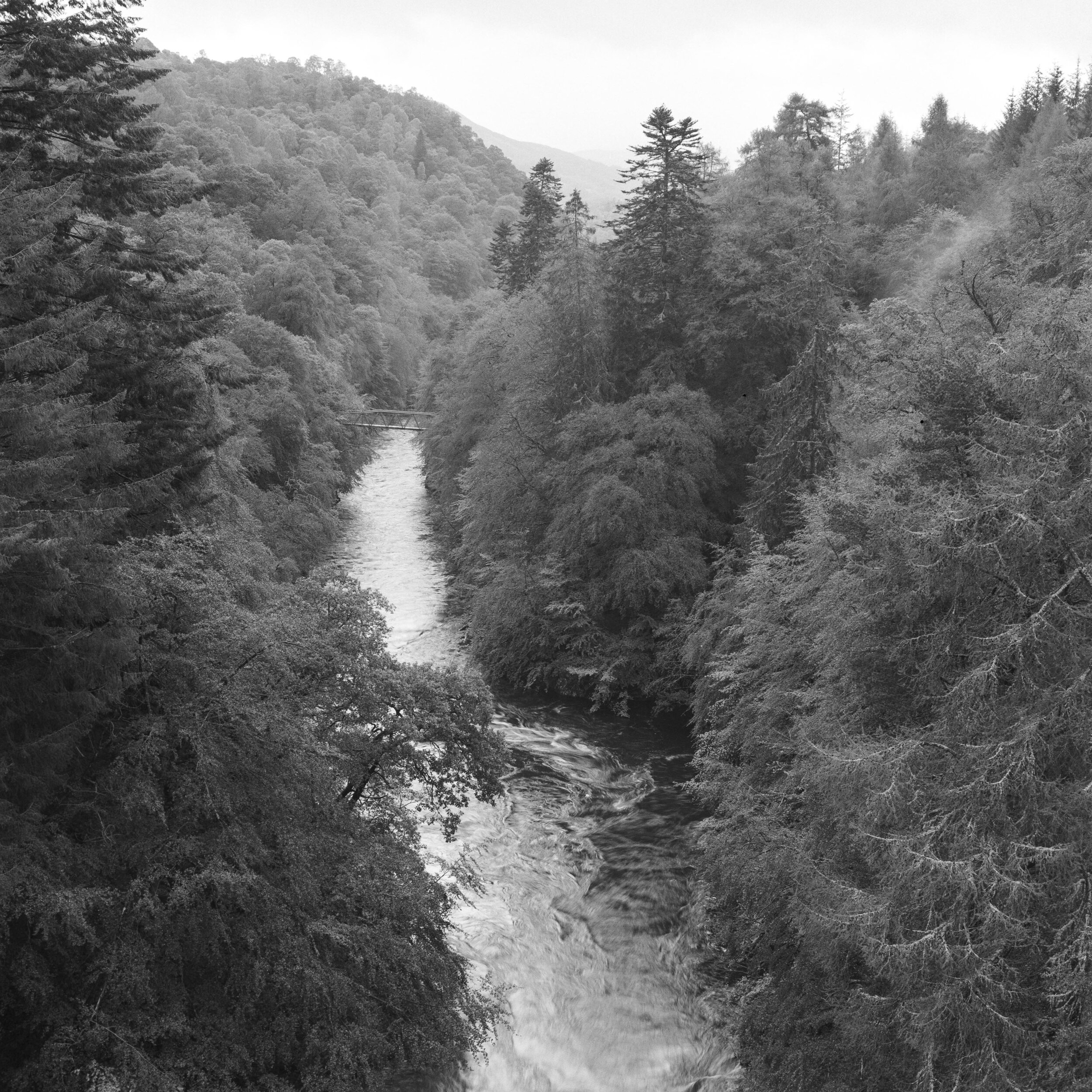Creative Process & Ideas
As I move to start a new long term project, I have been researching the artistic processes of other photographers and artists. My focus has been to understand how others have laid a philosophical foundation for their ideas, and how they have translated these ideas into visual form. From my time studying architecture at the University of Edinburgh, I learned the value of placing importance on having a solid idea early on from which to develop an artistic language and process.
Yesterday I watched two enthralling videos featuring Alec Soth (1 & 2, shout out to Kyle McDougall for sending me down this rabbit hole). Listening to Alec talk reminded me of the necessity of linking our ideas with our artistic process. Alec infamously refers to photography as visual poetry. It is this ability to synthesise a conceptual idea with an existential experience that makes his photographs visual poetry. To add to this, he physically embodies poetic thinking into his photographic approach, where the “poetic” is seen not as a genre of literature, but as an epistemological approach to the world. For instance, his project Broken Manual speaks to the idea of running away, while Alec himself performs his own version of escapism by voyeuristically capturing the life of others while on the road living out of his car.
“[Soth's] images always find a way to speak to our perception of being in the world, rather than attempting to speak directly about or explain it.
Image: Murray Livingston, Scotland 2019.
Soth's poetics have rigour and precision - he structures his photographic journey across America by linking ideas from one image to the next (tenuous at times, immediate at others). His images always find a way to speak to our perception of being in the world, rather than attempting to speak directly about or explain it. I think it is because he is constantly aware of the process and his emotions. In the documentary of his project Broken Manual, there are ebbs and flows to his journey as he travels across the country. We all know those days where we struggle to make images - things don't feel right or the elements just aren't coming together. Yet, Soth persists because process drives him. Soth is consistently stopping to reconsider his surroundings and his subjects in order to further develop his process. Paired with a careful consideration for image sequencing in his final publications and exhibitions, I feel that this lends a sense of organic reality to his photos. He is able to capture how his subjects are in the world.
As I write this blog post now, it calls into question my previous ideas for long term projects. A few months ago, I started with a simple desire to travel to national parks and areas of wilderness in Europe. The concept felt fun and exciting at first, but I slowly realised how the simplicity of the idea was actually incredibly daunting. The scope was too large and I didn't know where to start, or how to justify any decisions I was going to make. Just applying a few geographic limitations would be too simple. I decided I needed a better idealogical foundation as well as more limitations to give precision to my creative process. When focused on landscape photography (as opposed to Soth's more documentary style), I feel a focus on geography leads too often to making images of places or things, rather than images of an idea or metaphysical/phenomenal experience.
“Water has the beautiful quality of crossing over between the realm of the abstract and reality.”
Image: Murray Livingston, England 2019.
So, where do I go from here? My research has recently narrowed from ‘wilderness areas’ to exploring specific bodies of water (a theme I have long been fascinated by, and have already explored for some time in my architectural and photographic work). Water has the beautiful quality of crossing over between the realm of the abstract and reality. It is often associated with local mythologies, yet also forms physical geologies. It emanates different atmospheres - being lost in a thick fog in Galicia has a vastly different perceptive experience than a hike around Scotland's lochs. I will still travel throughout Europe; I think the universality of water will help bridge these geographical boundaries within a singular project and help to express something other than the visual reality of a place. To this end, I still believe that black and white will be my medium of choice. Because we see in colour, black and white lends itself to abstraction. What is at stake? My hope is that I will develop a process which takes on a sense of my own poetic approach to being in the world. Now it is time to get started and put in the work.

